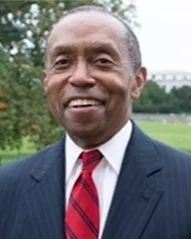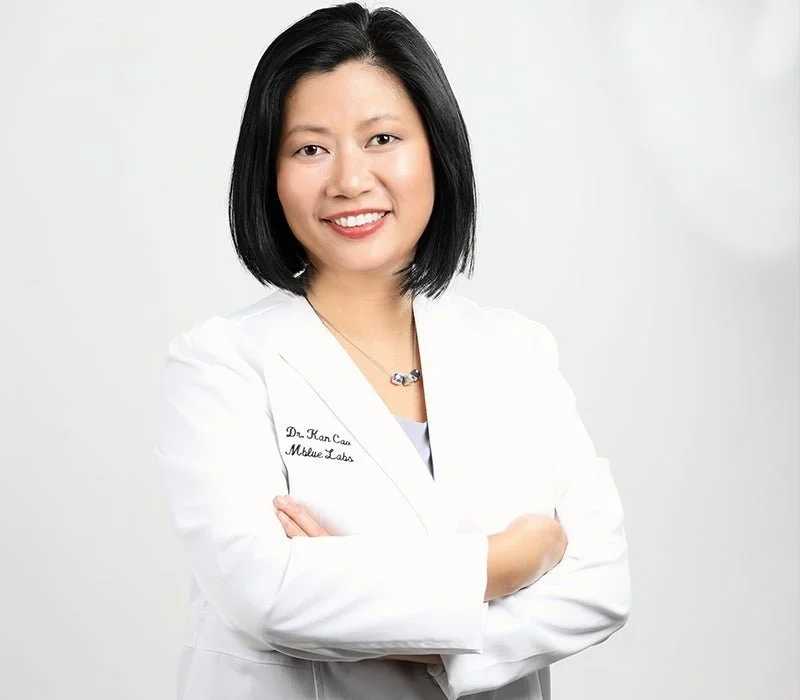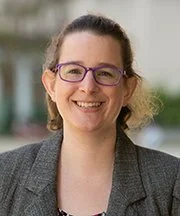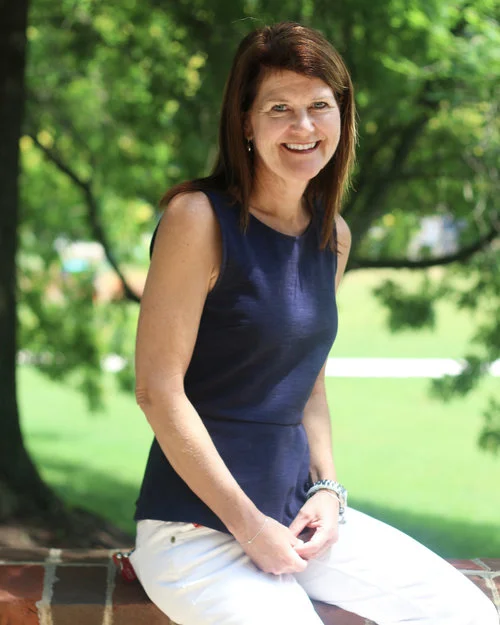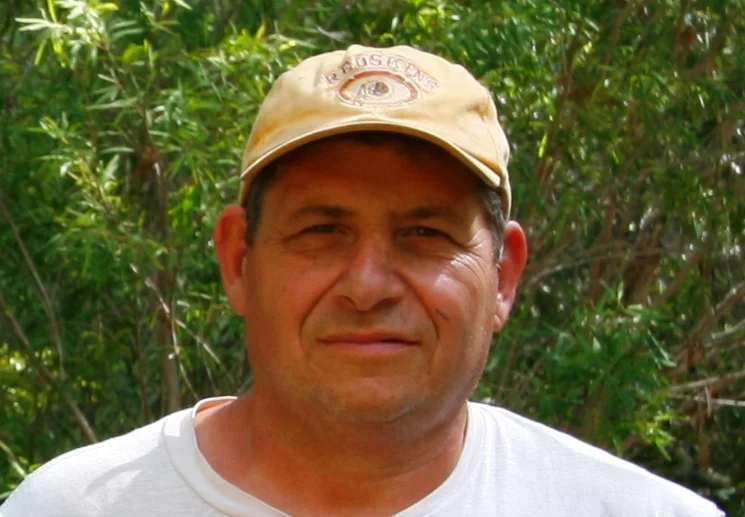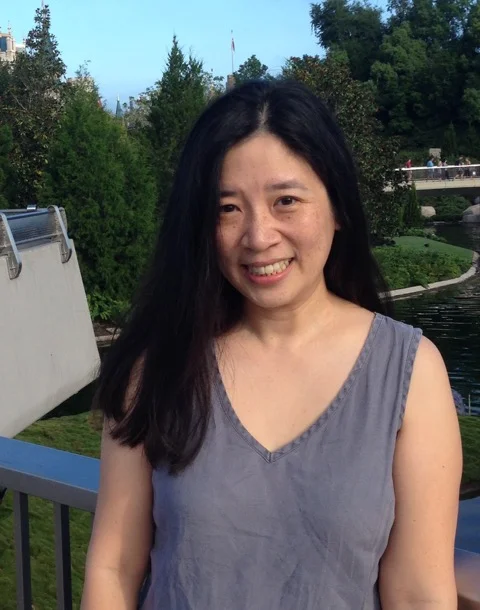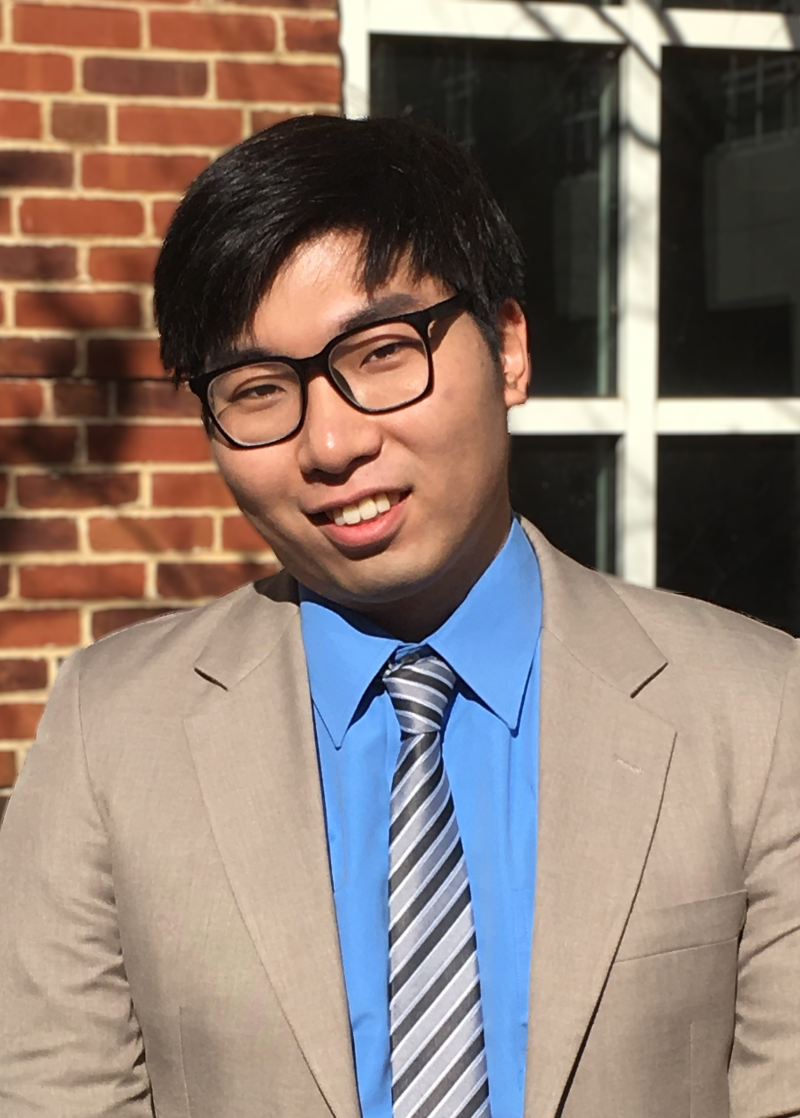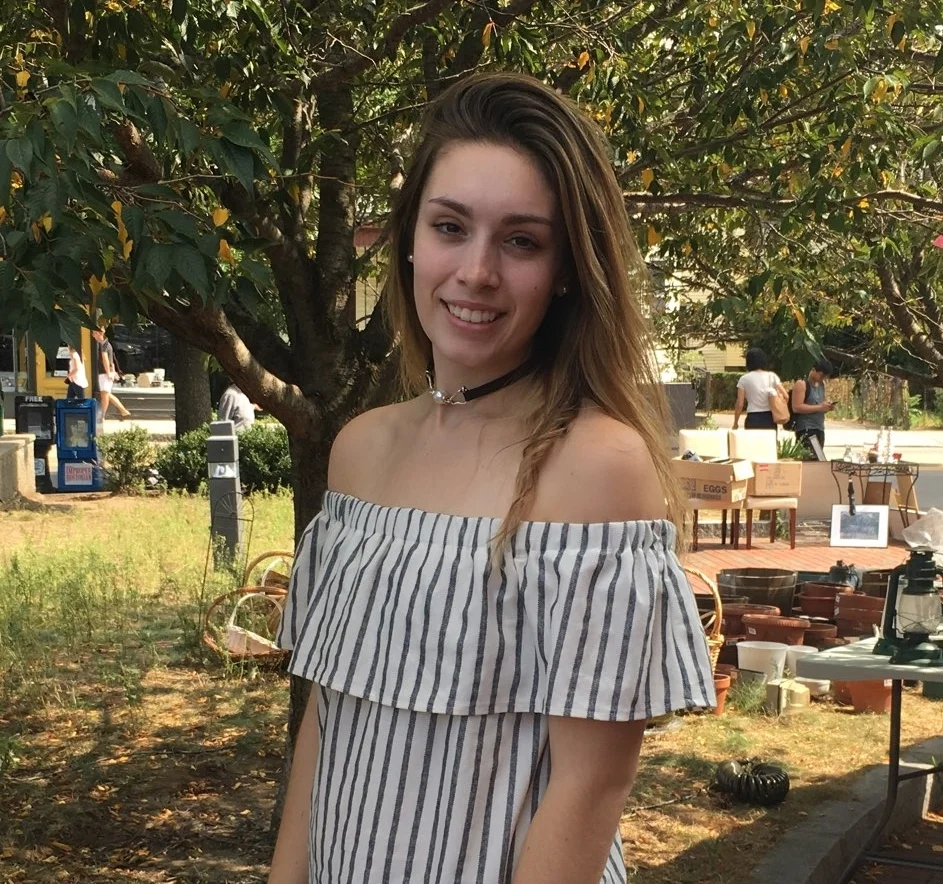selection of Invited professional Speakers
Dr. Clarion Johnson
Dr. Clarion Johnson, M.D.
Chair of the Public Private Partnership at the National Academy of Sciences.
Former Assistant Professor, Uniformed Services University of the Health Sciences
Medical Director, Medicine and Occupational Health, ExxonMobil Corporation (Retired)
Dr. Clarion Johnson is past chair of The Joint Commission’s International and Research Boards, The Virginia Health Care Foundation and City Lights School. He was a HHS secretary appointee to the NIOSH (National Institute of Occupational Safety and Health) Advisory Board and the Virginia Governor’s Task Force on Health Reform and co-chair, Insurance Reform. He served as advisor and lecturer in the Harvard Medical School’s Department of continuing education “Global Clinic Course” 2005-2008. In 2013 he received the Presidents Award from the Oil and International Petroleum Industry Environmental Conservation Association (IPIECA) and Oil and Gas Producers (OGP) for contributions to health and in 2012 he was the recipient of the Society of Petroleum Engineers (SPE) Award for Health, Safety, Security, Environment and Social responsibility. In 2011 he received a medal from the French Army’s Institute De Recherche Biomedical for “Project Tetrapole” a public partnership in malaria research. He is a graduate of Sarah Lawrence College and a member of its Board of Trustees, and the Yale School of Medicine. While on active duty in the U.S. Army, he also trained as a microwave researcher at Walter Reed Army Institute of Research. He is Board Certified in Internal Medicine, Cardiology and Occupational Medicine.
Dr. Kan Cao
Dr. Kan Cao
Associate Professor & Associate Chair
Department of Cell Biology and Molecular Genetics, University of Maryland
Dr. Kan Caos’s laboratory is interested in why and how we age. Specifically, we focus on studying molecular mechanisms of Hutchinson-Gilford progeria syndrome (HGPS), a premature aging disease, and exploring the potential connections between HGPS and normal aging. Dr. Kan Cao received a B Sc degree in Biology from Nanjing University China in 1997, and a Ph.D. degree in Biology from Johns Hopkins University in 2005. She did her postdoctoral fellowship in genomics at the National Institutes of Health between 2005-2010. She is an associate professor of cell biology and molecular genetics at the University of Maryland College Park. Dr. Cao was named the New Scholar in Aging by the Ellison Medical Foundation in 2011, received Board of Visitors junior faculty award from the University of Maryland in 2013, and was the finalist of the Invention of the Year by the University of Maryland in 2016. In 2018, she received Norma M. Allewell Prize In Entrepreneurship from the University of Maryland.
Dr. Brantley Hall
Dr. Brantley Hall
Assistant Professor
Department of Cell Biology and Molecular Genetics, University of Maryland
Brantley Hall is an assistant professor in the Department of Cell Biology and Molecular Genetics with an appointment in UMIACS. He is also a member of the Center for Bioinformatics and Computational Biology (CBCB). Hall's research combines bioinformatics, microbiology, and genetics to unravel the complexities of the human gut microbiome. Before coming to UMD, Hall was a Merck Fellow of the Helen Hay Whitney Postdoctoral Foundation at the Broad Institute of Harvard and MIT as well as the Center for Computational and Integrative Biology at Massachusetts General Hospital and Harvard Medical School. He received his doctorate in genetics, bioinformatics and computational biology from Virginia Tech in 2016.
Dr. Laura Cathcart
Dr. Laura Cathcart
Emergency Training and Exercise Program Manager, University of Maryland, Baltimore
Dr. Cathcart joined UMB in 2019. Previously, Laura served as Training Specialist at the Centers for Disease Control and Prevention (CDC) where she helped public health officials prepare and respond to emergencies across the globe. While at CDC, Laura developed and delivered trainings for the 2016 Zika and 2018 Ebola virus responses and supported Hurricanes Harvey, Irma, and Maria. Laura was an active firefighter/EMT between 2000 and 2015. She managed biosafety level 2 microbiology teaching laboratories for the University of Maryland College Park.
Dr. Cathcart Together with Madeline Vale (the Coordinator of Emergency Preparedness and Continuity at the Office of Emergency Management and Business Continuity, University of Maryland, College Park), gave a lecture on Emergency Management from 9-11 to Covid.
Grant Dong
Grant Dong, ILS Alumnus (2021, BS Physiology and Neurobiology)
Divers Alert Network, Research Intern
Dong is currently flexing his diving skills while interning with the Divers Alert Network (DAN) in Durham, North Carolina. In support of DAN’s mission to promote diving safety by assisting injured divers, Dong is studying decompression sickness, a potentially deadly condition that can occur while diving. Read more about Grant, his experience in ILS, and his research in the following article.
Wendy Loughlin
Director, UMD Health Professions Advising Office
Ms. Loughlin has been the Director of the HPAO since 2006 and has been with the University of Maryland since 1996. She and is a member of the National Association of Advisors in the Health Professions (NEAAHP), served a three year term as a NEAAHP Executive Committee member from 2008-2011, and co-Chaired the NEAAHP annual meeting in spring 2011. She is also the Local Area Network (LAN) Coordinator for health professions advisors in the Chesapeake region, serves as a member of the American Association of Medical Colleges (AAMC) AMCAS Advisory Board and Co-Chair of the Northeast Medical School Group on Student Affairs (NEGSA)/NEAAHP Liaison Committee.
Before arriving at College Park, Ms. Loughlin worked as the undergraduate admissions coordinator for the School of Nursing at the University of Maryland, Baltimore. She received her B.A. from Union College in Schenectady, NY and an M.A. from Columbia University Teachers College in New York, NY.
Dr. Gerald Borgia
UMD Department of Biology
Dr. Borgia is interested in sexual selection and mate choice and uses bowerbirds as a model system for his studies. Mate choice is a fundamental, but still poorly understood, evolutionary process which is the focus of much debate in evolutionary and behavioral biology. Naturalists, including Darwin, have long been captivated by the unique courtship behaviors of bowerbirds that include construction of a bower, colorful bower decorations, and highly integrated and complex vocal and dancing displays. Developments in Dr. Borgia's lab have allowed the unique aspects of the bowerbird mating system to be used to address many important issues in the study of sexual selection. This work is combined with genetic studies to address a variety of important issues associated with the mate choice process. Recent and ongoing studies have focused on how males alter courtship displays in reaction to female signals during courtship, age-related differences in how females choose mates, how male intelligence affects his attraction to females, studies of the importance of UV and the visual system in the choice of bower decorations, vocal mimicry, and determining the role of MHC allele frequency in mate choice by females. Longer term work is focused on understanding lifetime patterns of female visitation and mate choice at male bowers and factors affecting lifetime male success. The larger goal of this work is to develop more realistic models of the mate choice process.
Dr. Rajabrata Sarkar
Chief of Vascular Surgery, University of Maryland School of Medicine
In 2009, Rajabrata Sarkar, M.D., Ph.D., an expert in treating blood vessel disorders and a nationally known researcher in blood vessel growth and development, joined the University of Maryland School of Medicine as professor of surgery and Head of the Division of Vascular Surgery. He also became Chief of Vascular Surgery at the University of Maryland Medical Center. Dr. Sarkar came from the University of California, San Francisco, where he was an associate professor of surgery and a vascular surgeon since 1999. He received his medical degree and a Ph.D. in physiology from the University of Michigan Medical School. He completed his surgical training at UCLA and was trained in vascular surgery at the University of Michigan. You can learn more about Dr. Sarkar in his physician profile here.
Dr. Stephen Horrigan, PH.D., Biology
Chief Scientific Officer at Iterion Therapeutics
Dr. Horrigan is Chief Scientific Officer at Noble Life Sciences. He work has focused on the development of innovative approaches for using genomic profiles and biomarkers to enhance drug discovery and development. He is the consulting Chief Scientific Officer for BetCat Pharmaceuticals, a clinical stage drug development company focused of cancer and inflammatory diseases. Prior to joining Noble, Dr. Horrigan was the Vice President of Research at Avalon Pharmaceuticals. He played a key leadership role in the development of the company's unique genomic biomarker-driven R&D platform, and the use of biomarkers for the discovery and development of therapeutics. Prior to joining Avalon, Dr. Horrigan was an Associate Professor in the Department of Pediatrics and Lombardi Cancer Center at Georgetown University Medical Center and held positions at the University of Illinois, College of Medicine and the University of Chicago School of Medicine. He received his B.S. and Ph.D. from Syracuse University.
Picture of Dr. Louisa Wu.
Dr. Louisa Wu (Ph.D. UC San Diego, 1995)
Associate Professor, UMD Department of Cell Biology and Molecular Genetics
Fellow, Institute for Bioscience and Biotechnology Research
Dr. Wu is a molecular geneticist who studies innate immunity in Drospophila melanogaster. She loves genetic screens and finding new genes important for any interesting biological process. Recent work from the lab has uncovered a role for redox in regulating phagocytosis, and demonstrated that fly phagocytes can distinguish between different microbial cargoes during phagosome maturation. At UMD, she teaches genetics and directs the undergraduate departmental honors program for Cell Biology and Molecular Genetics. She lives with her husband, a naval hydrodynamicist and her pre-college younger daughter.
Selection of Student Seminar Speakers
Natalia Ochman - Using Technology to Communicate with the Upside Down: How Coma Patients can Transmit their Thoughts to the Outside World
Natalia Ochman is a junior bioengineering major along the pre-med track. She had a dual internship in the Budzik hospital for Coma Research and Pomnik- Children's Memorial Health Institute in Warsaw, Poland where she focused on the platforms that can be used to communicate with patients that were in a coma for a plethora of diverse reasons and on general surgery and organ transplantation techniques. She is currently an EMT and Fire Marshal at the Beltsville Volunteer Fire Department Co. 31, where she emphasizes patient care coupled with her background in surgery and clinical care. Her long term plan is to attend medical school and she aspires to become a trauma surgeon.
SangHo Jee - Bioinformatic Analysis of Murine Models of Obesity in Breast Cancer
SangHo Jee is a junior majoring in biochemistry with cell biology and genetics. He has participated in research project including nanoparticle synthesis and bioengineering, and is also a member of the UMD International Genetically Engineered Machine (iGEM) team. His research with Dr. Victor Frenkel at the University of Maryland School of Medicine through the UM Scholars program focused on the development of a new in vitro model for studying the effects of therapeutic ultrasound. His career goal is to pursue his MD and to enter academic medicine to advance the way patients are treated.
Hannah Horng - Imaging micro-distribution of antibody-photon absorber conjugates during photoimmunotherapy in vivo
Hannah Horng is a junior double majoring in bioengineering and statistics. She has previously completed an REU at the University of Texas at Austin, where she studied the applications of single-particle tracking in prostate and breast cancer detection. Since then, she has been working on several projects in the Biophotonic Imaging Laboratory at the University of Maryland under Dr. Yu Chen. She recently finished designing image processing algorithms to analyze the efficacy of photoimmunotherapy in vivo, and is currently working on designing biomimetic microscale phantoms of retinal vasculature using the Nanoscribe 3D Printer. Her career goal is to obtain a PhD and continue doing research in biomedical imaging.
Elizabeth Arentz - Total Joint Replacements as A gateway to Chronic Opioid Use
Elizabeth is a junior majoring in biological Sciences with a specialization in Neurobiology and Physiology. Over the past two summers she worked as an intern at Anne Arundel Medical Center focused on projects involving measuring laparoscopic scope ability in medical students and on opioid use by patients following total joint replacements. Elizabeth also worked in the Tissue Engineering and Biomaterials Laboratory on campus studying regeneration of feline ovarian follicles. She currently works as an emergency medicine scribe and is active in many student groups on campus including her sorority, professional fraternity, and other on campus organizations. In the long term she plans to work in the healthcare field by going to medical school or attending graduate school in hospital administration.
Amrita Sarkar - Developing a Cadaver Model for Testing Aortic Endovascular Surgical Techniques
Amrita is a senior biology major with a specialization in microbiology. She has conducted research for several years at both the University of Maryland Medical Center and here at the University of Maryland, College Park. Her research areas have included mechanisms and implications of neonatal brain injury, iron metabolism in Leishmania, and development of a novel cadaver model for endovascular device development and training. She recently defended her Cell Biology and Molecular Genetics undergraduate honors thesis, which focused on characterizing a novel iron export protein in Leishmania amazonensis. Amrita is also involved in clinical shadowing, volunteering, and a professional fraternity. She plans to attend the University of Maryland School of Medicine in the fall of 2018 and is interested in pursuing surgery.

